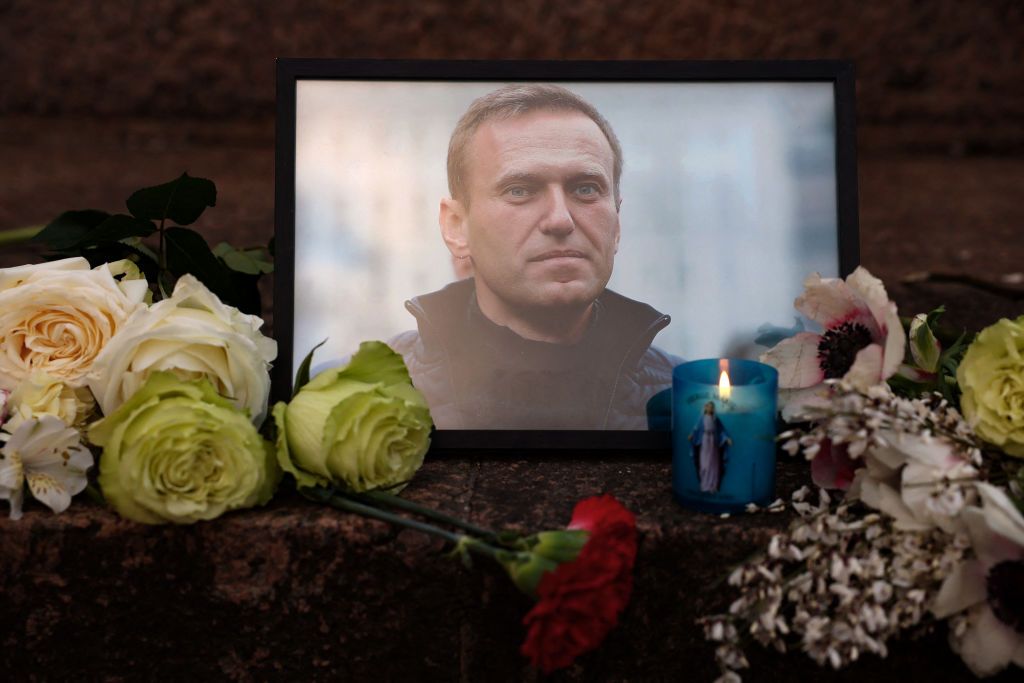The Wall Street Journal reported that U.S. intelligence assessments suggest Russian President Vladimir Putin did not directly order the murder of opposition leader Alexei Navalny in February. This finding does not absolve Putin of guilt in Navalny’s death, but simply indicates that he may not have given the direct order at that specific moment. The conclusion that the Kremlin did not order Navalny’s death is accepted within the U.S. intelligence community and is shared by multiple agencies, including the CIA, the State Department’s intelligence unit, and the Office of the Director of National Intelligence. The assessment was reportedly based on classified intelligence and certain circumstances, such as Navalny’s death overshadowing Putin’s re-election in March.
European intelligence agencies have been briefed on this assessment, but some countries remain skeptical and believe that Putin may have still been directly involved in Navalny’s death. Navalny’s close associate, Leonid Volkov, dismissed the idea that Putin was not informed or did not approve of Navalny’s killing as ridiculous, stating that it is unlikely harm could have come to Navalny without the president’s prior awareness. Following Navalny’s death, there was a further crackdown by the Russian regime, with individuals who came to lay flowers in honor of the opposition leader being detained, and some were reportedly called up for military service.
Navalny’s life and death as the main opponent to Putin’s regime was not a surprise to those familiar with Russian politics. Navalny was Putin’s main opponent, and the Kremlin had used various tactics to silence him. He was sentenced in multiple fabricated cases and faced constant repression from the authorities. Navalny’s death on February 16 brought about new waves of Western sanctions and raised speculations about whether his death was a result of harsh prison conditions or an intentional murder. The situation in Russia remains tense, with the Russian regime continuing its crackdown on dissent and opposition voices.
The ongoing conflict between Navalny and Putin’s regime has revealed the harsh realities of the Putin-controlled Russia, where opposition figures face constant threats and suppression. The international community has been closely watching the developments in Russia, with concerns about human rights violations and the rule of law under Putin’s leadership. The U.S. intelligence assessments regarding Navalny’s death have sparked debates among European officials and raised questions about the level of control exerted by Putin within the Russian system. Despite the findings that Putin may not have directly ordered Navalny’s death, the overall situation in Russia remains volatile and uncertain, with implications for both domestic politics and international relations.















